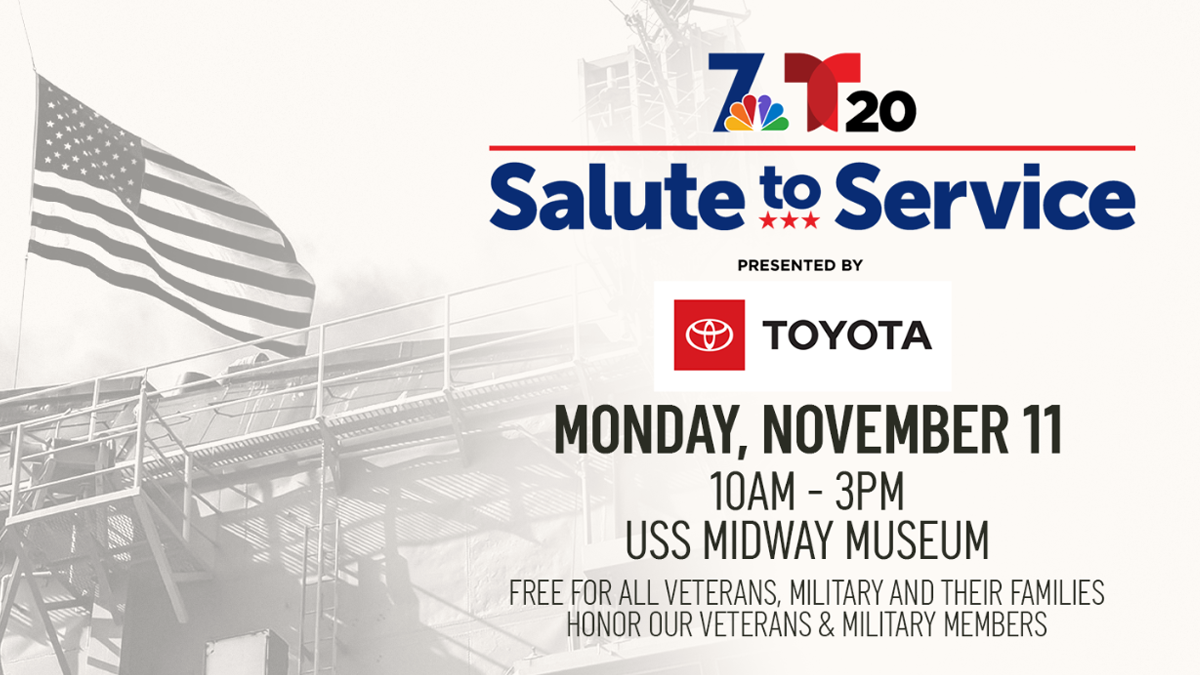A state assemblyman has joined the effort to protect rest and lunch breaks for California’s EMTs and Paramedics.
Assemblyman Freddie Rodriguez, a Democrat from Pomona, is sponsoring legislation that would require ambulance companies to pay their crews an hour’s pay if their required rest or lunch breaks are interrupted by an emergency.
Rodriguez’s proposal would also require the companies to give those employees another rest or lunch break in that same shift, to make up for the interrupted rest time.
“They'll be guaranteed,” Rodriguez told NBC 7 Investigates. “It's in writing, and if you can't, you'll be financially compensated for them as well."
The assemblyman has first-hand knowledge of what he claims is a wide-spread problem for ambulance crews. He’s been an EMT for 30 years, and continues to work part-time in that profession when he’s not at his district office or the state capitol.
Rodriguez said his colleagues in the field confirm the problem of interrupted and canceled rest and lunch breaks.
“Some companies do a god job of compensating their employees, but others don't,” Rodriquez explained. “So is it fair that some companies abide by rules and others don't? It's kind of equalizing the playing field for everybody to be able to compensate their employees."
Local
The assemblyman says extra pay for missed breaks will help the first responders, who in San Diego make as little as $12.50 an hour as EMTs and $15 an hour as paramedics.
A class action lawsuit filed recently in San Diego could also benefit thousands of first responders state-wide who work for the Rural Metro ambulance company.
The lawsuit demands back pay and penalties for crews that the lawsuit claims were deprived of their full rest breaks.
"I mean, that just goes to show you that this industry needs to be better regulated when it comes to that,” Rodriguez said. “That's why I'm moving this bill forward. And it kind of speaks to what's happening in San Diego."
His proposal must be approved by the Assembly, where it’s been amended several times, and the state senate. If it passes, it would not be law until signed by the Governor.
The California Ambulance Association is critical of the proposal. A spokesman for the Association called it a "one-size-fits-all approach," that might work in big cities, but not rural areas. The spokesman also said Rodriguez’s advocacy might be related to a labor-management dispute in Santa Clara County.
The Association also argues that requiring companies to pay for interruptions and give workers an extra break is “a double financial penalty that is not warranted and is not consistent with existing law.”
As for the class-action lawsuit against Rural Metro in federal court here, the company said it is "confident that we comply with all local, state and federal laws.



